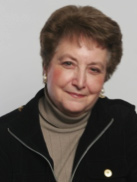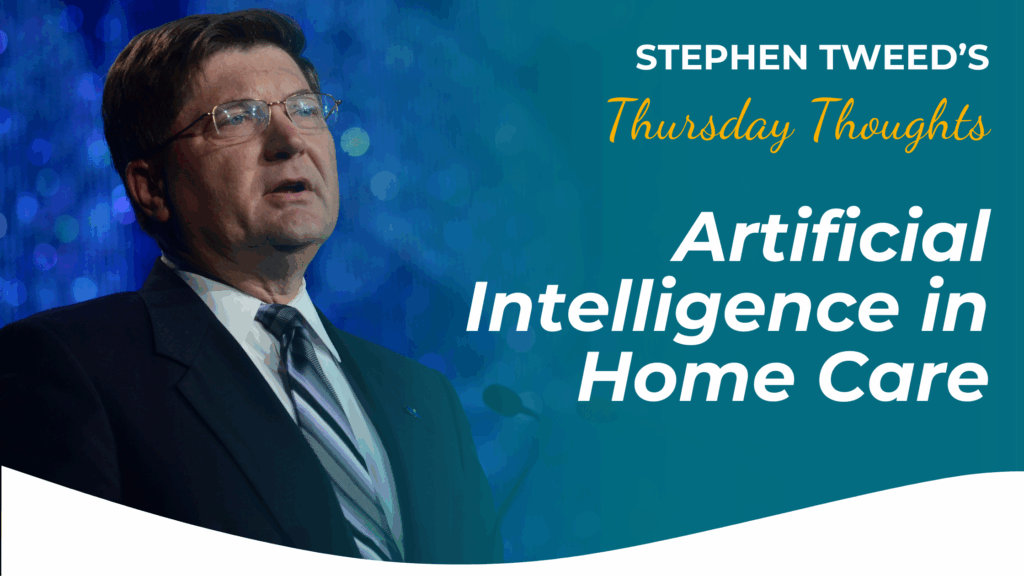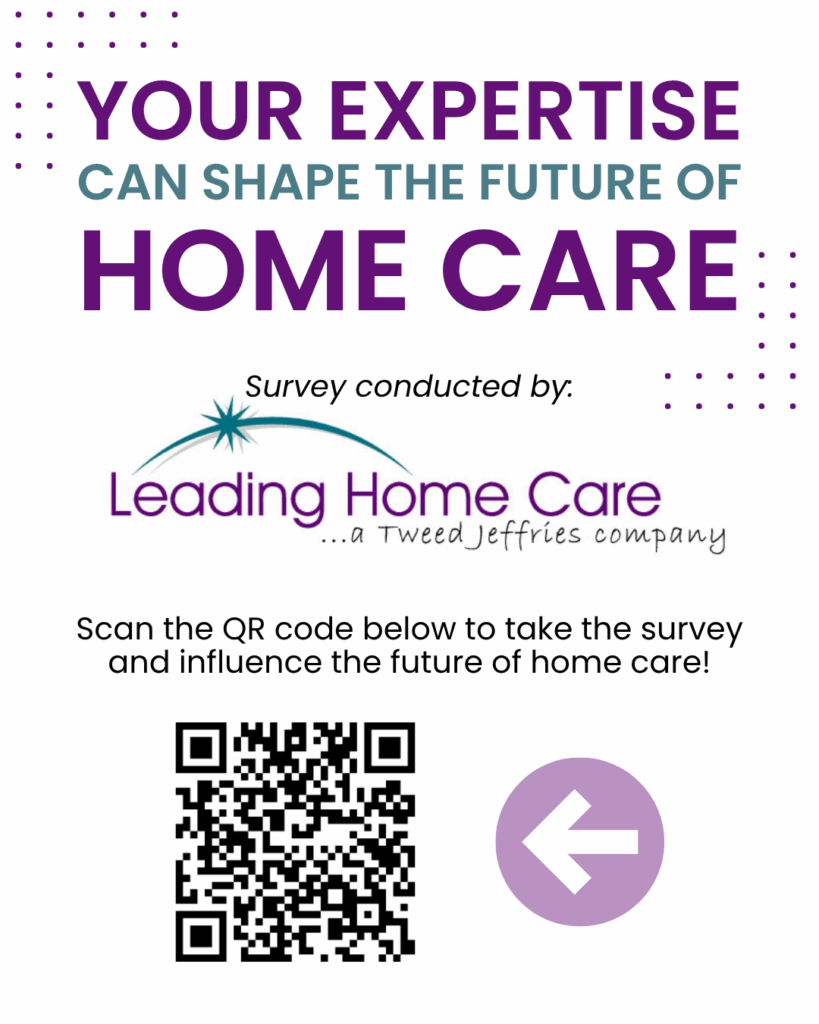By Ginny Kenyon
Many home care agencies offer non-medical services for those who are unable to perform their own  routine tasks, such as personal care, light housekeeping and companion services. Many non-medical home care agencies miss out on opportunities for growth due to poorly-educated aides, a lack of differentiation between organizations, and little to no specialized services.
routine tasks, such as personal care, light housekeeping and companion services. Many non-medical home care agencies miss out on opportunities for growth due to poorly-educated aides, a lack of differentiation between organizations, and little to no specialized services.
Non-Medical Home Care and Improperly Educated Aides
When you create your home care agency around just basic non-medical services, you risk employing caregivers who aren’t medically trained, which means you miss out on the ability to substantially grow your organization.
In order to ensure the safety of your clients, reduce hospitalization rates, gain referrals, and maintain your reputation, you need aides with the proper chronic disease management education. This sort of training benefits clients in the following ways:
• Awareness of warning signs – Someone who isn’t trained in chronic disease management can easily miss signs of serious health issues, being unable to understand and report red flags. This puts your clients at a higher risk for disasters like hospitalization.
• Knowledge of medication side effects – Having caregivers who are knowledgeable about side effects of the medicine clients take is crucial. This allows aides to know what to expect and when to seek additional medical attention.
• Inability to provide additional services – Non-medical caregivers lack the ability to provide medical services that many home care clients need, creating the need for the client or their loved ones to hire more than one agency to fulfill those needs.
Non-Medical Home Care and a Lack of Differentiation
The home care market is flooded with agencies claiming to be the best at providing top-notch, quality care for their clients. The hard truth, though, is that not all of these organizations are of great quality—many aren’t even reputable. So how do you get your agency in the league with the best?
With non-medical home care, there is no sure way to differentiate between organizations. Agencies that provide chronic disease education to their aides can offer the specialized care required by clients with chronic issues such as dementia, stroke, or diabetes. Non-medical home care agencies that have trained aides that can provide these services are easily distinguishable from those that don’t. This gives you a significant differentiation over your competition.
Non-Medical Home Care and Specialized Services
If your clients are in need of assistance with simple, everyday tasks—such as personal care, cooking, and cleaning—then it is safe to assume they will need specialized chronic disease services that non-medical workers simply can’t provide. Aides who are educated to understand specific chronic diseases, can perform the specialized care and services needed, opening up additional revenue opportunities for your agency.
When deciding which direction to take your home care agency, it’s important to carefully consider all your options. While non-medical home care offers clients basic assistance, it lacks the ability to provide a full spectrum of specialized medical care. This shortage of service offerings leaves potential profit and growth at the doorstep of your organization, rather than in your pocket.
Contact us today to learn more about chronic disease education from Kenyon Aide University.
Biggest Dangers to Non-Medical Home Care Agencies first appeared at Kenyon HomeCare  Consulting.
Consulting.
Ginny Kenyon is the founder and CEO of Kenyon HomeCare Consulting, a home health consulting firm that gives agencies a market advantage, promotes creative product development, and offers viable ways to achieve and sustain organizational and fiscal success.



